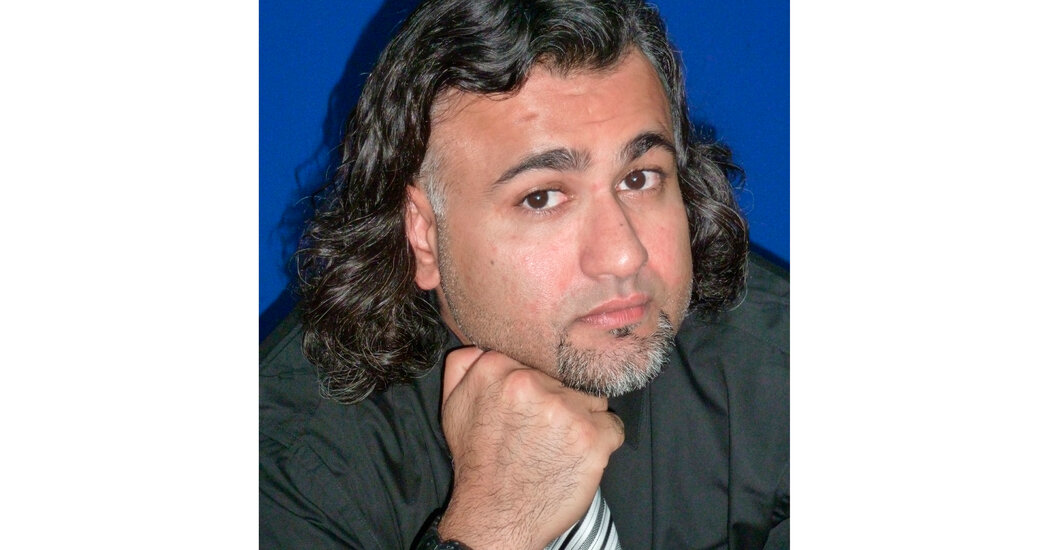At no point did the jurors suggest that any of Mr. Khan’s treatment was illegal. Their letter noted that Mr. Khan, who never attained U.S. citizens
At no point did the jurors suggest that any of Mr. Khan’s treatment was illegal. Their letter noted that Mr. Khan, who never attained U.S. citizenship, was held as an “alien unprivileged enemy belligerent,” a status that made him eligible for trial by military commission and “not technically afforded the rights of U.S. citizens.”
But, the officers noted, Mr. Khan pleaded guilty, owned his actions and “expressed remorse for the impact of the victims and their families. Clemency is recommended.”
The jury foreman, a Navy captain, said in court that he took up a request by Mr. Khan’s military defense lawyer, Maj. Michael J. Lyness of the Army, to consider drafting a letter recommending clemency. It was addressed to the convening authority of military commissions, the senior Pentagon official overseeing the war court, a role that is currently held by Col. Jeffrey D. Wood of the Arkansas National Guard.
Unknown to the jurors, Colonel Wood had reached an agreement with Mr. Khan to evaluate his cooperation with the government and reduce his sentence. In exchange, Mr. Khan and his legal team agreed to drop their effort to call witnesses to testify about his torture, much of it most likely classified, as long as he could tell his story to the jury.
The jurors were also sympathetic to Mr. Khan’s account of being drawn to radical Islam in 2001 at age 21, after the death of his mother, and being recruited to Al Qaeda after the Sept. 11 attacks. “A vulnerable target for extremist recruiting, he fell to influences furthering Islamic radical philosophies, just as many others have in recent years,” the letter said. “Now at the age of 41 with a daughter he has never seen, he is remorseful and not a threat for future extremism.”
The panel was provided with nine letters of support for Mr. Khan from family members, including his father and several siblings — American citizens who live in the United States — as well as his wife, Rabia, and daughter, Manaal, who were born in Pakistan and live there.
Although rarely done, a military defense lawyer can ask a panel for letters endorsing mercy, such as a reduction of a sentence, for a service member who is convicted at a court-martial. But this was the first time the request was made of a sentencing jury at Guantánamo, where accused terrorists are being tried by military commission.
www.nytimes.com
